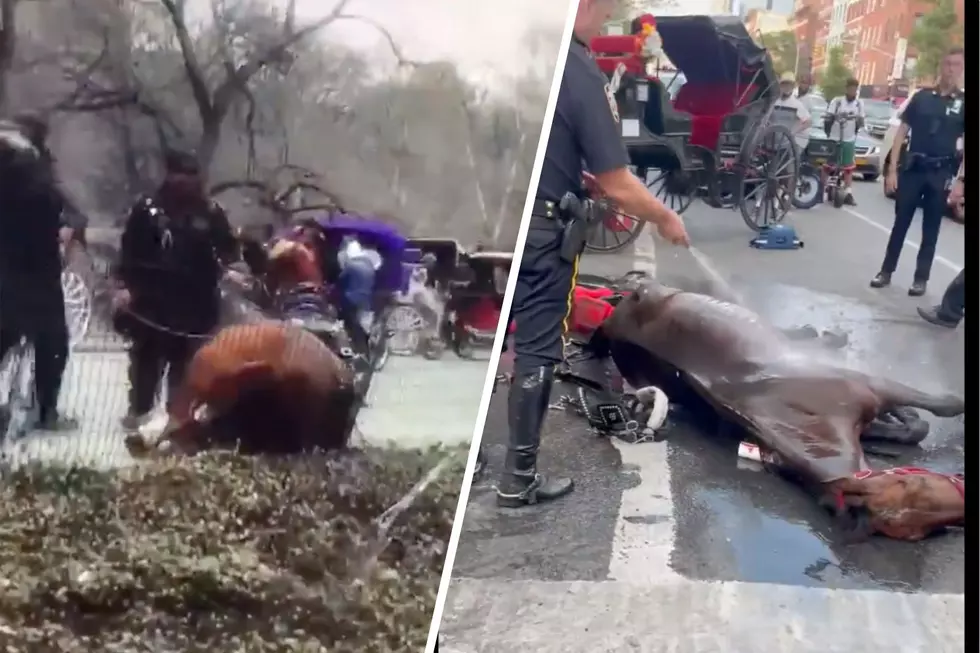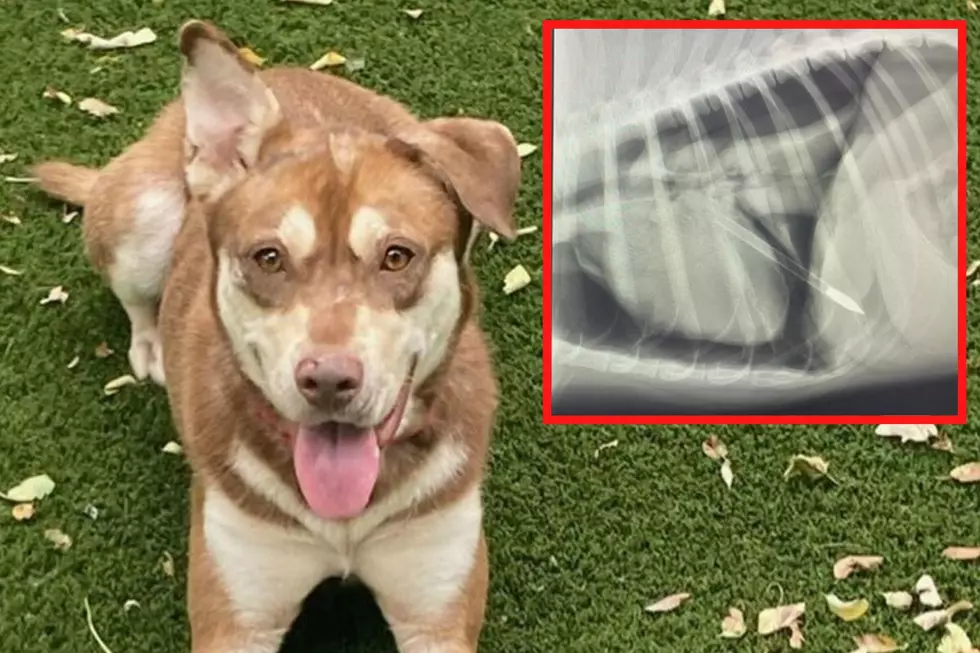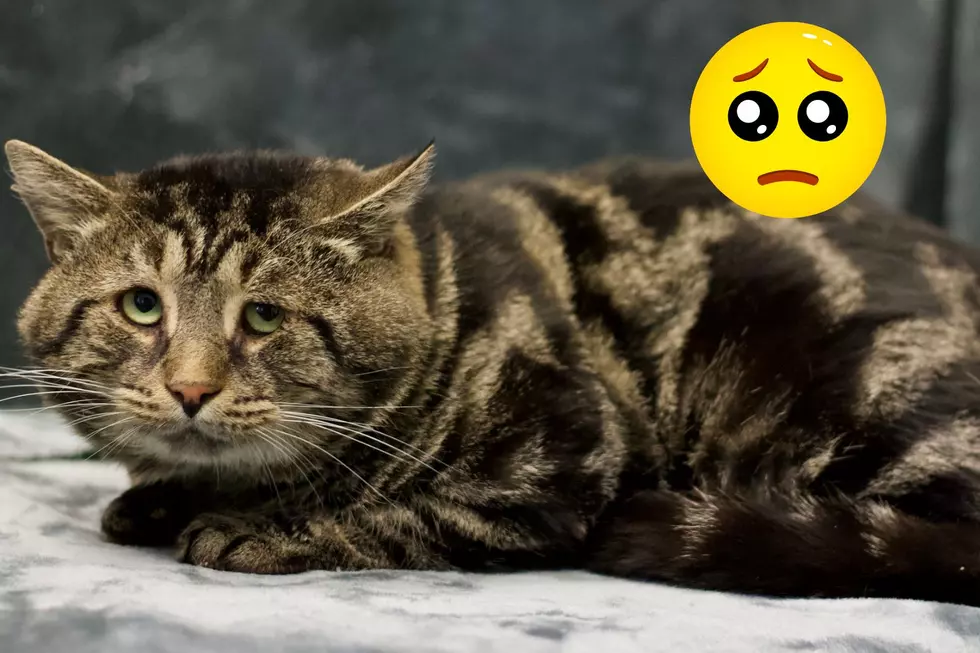
NJ animal shelter investigated after on-demand killing exposed
HAMILTON (Mercer) — The municipal animal shelter is under investigation following both a state inspection that uncovered dozens of violations and a lawsuit threat that led township officials to abandon the shelter's euthanasia-on-demand service.
The township’s governing body is hiring an attorney to help investigate the municipal animal shelter, which was found to be improperly killing animals surrendered by owners.
A state Department of Health inspection report in July found that the shelter had been euthanizing animals without waiting seven days as required by law. The inspection also found unclean conditions and improper storage and use of medications, some of which had expired years ago.
Weeks before the inspection report made headlines, animal lovers threatened to sue the township over the euthanasia policy, prompting the shelter to scrap the policy.
News of the inspection report resulted in the resignation of the shelter’s veterinarian, who slammed the administration for “misrepresentation of facts” and “spin” in its defense of the shelter.
The controversy revealed that the shelter had a longstanding practice of euthanizing pets surrendered by owners. After news of the July 16 inspection report broke nearly a month later, Mayor Kelly Yaeda claimed that the shelter had ended the practice before the state inspection.
But the shelter appears to have stopped its on-demand killing only after a lawyer threatened to sue the municipality in a letter dated four days after the inspection report. Municipal officials also defended the euthanasia practice during a Township Council meeting a day after state inspectors filed their report.
"I don’t see any evidence that they stopped this policy until after I served them the demand letter," animal attorney Dante DiPirro said in an interview last week.
Township Health Official Jeff Plunkett told New Jersey 101.5 earlier this month that the shelter was providing a service to pet owners who could not afford to take their terminally ill animals to the veterinarian. The shelter provided the service for a $100 fee.
Plunkett said that shelter staff would obtain a verbal go-ahead from a veterinarian over the phone before administering euthanasia.
But after New Jersey 101.5’s report, Dr. William Carter — a veterinarian in private practice who provided medical services to the shelter — posted on his Facebook page that “accusations that I or anyone on my team provided diagnosis or authorizations for euthanasia over the phone are completely false. That is not how I have ever practiced medicine, nor do I ever intend to practice medicine in this manner.”
“The misrepresentation of facts by the shelter’s leadership, along with the spin they have put on this situation, has led to my decision to resign,” Carter said, adding that “allegations that have been made against the shelter are serious and a plan should be put in place to correct them.”
Yaede has continued to defend the euthanasia policy as humane, saying that it would be cruel to keep terminally ill animals caged for seven days before they are euthanized.
DiPirro, however, said the mayor's understanding of the law is not correct. The law does not require terminally ill animals to be kept for seven days: The shelter always had the option of getting a veterinarian to determine that an animal was in immediate need of euthanasia, he said.
The state inspection report said that two of the staffers administering euthanasia were "not certified by a licensed veterinarian in the acceptable euthanasia techniques.”
DiPirro said 9 out of 10 animals that were turned into the shelter were strays.
"The state Health Department needs to examine the shelter’s politics and practices," DiPirro said. "I am concerned. If they have been don these nefarious things, what else have they been doing?"
A spokesman for the mayor on Friday said that the shelter is not required to have approval from a veterinarian for administering euthanasia.
“Our shelter and Mr. Plunkett are in agreement with Dr. Carter. Our shelter has never requested or received ‘medical diagnosis’ from Dr. Carter ‘over the phone,’” Dominic DeGregory said in an email.
"What Mr. Plunkett was attempting to explain was that the shelter staff, in the past, had contacted Dr. Carter’s office by phone for guidance and advice on certain issues. But that type of verbal guidance would not be considered the same as either a formal approval for a specific procedure or as a medical diagnosis made following a veterinary examination. “
Plunkett has acknowledged many of the shelter’s failings and says steps already have been taken to correct the errors highlighted in the inspection report, including transitioning from paper record-keeping to computer software, properly training shelter staff in euthanasia techniques, discarding old drugs and ordering shelter staff to follow veterinarian instructions for animal medication.
The township also posted a full list of the corrective measures for the shelter, which you can find at this link.
The animal shelter has been the subject of fierce political wrangling between the mostly Democratic Township Council, which had called into question the shelter’s practices before the state inspection, and the Republican mayor, who has defended the shelter’s management and accused councilmen of playing politics with the shelter.
Council President Anthony Carabelli last week said the council will form a five-member bipartisan subcommittee to investigate the shelter. The committee will be impaneled at the Township Council meeting on Tuesday. The committee will include two councilmen, a member of an outside shelter organization and a representative for the administration.
In September, the Township Council is expected to hire an attorney to work with the subcommittee, which will be give up to 75 days to present its findings to the governing body.
The Democratic members of the Township Council last week released a joint statement thanking Yaede “for validating and corroborating the concerns we had when we called for this investigation.”
“We invite Mayor Yaede’s administration to cooperate with our ongoing efforts towards accomplishing Council’s goal: to have a shelter that ensures the humane treatment of animals and results in higher adoption rates.”
More From Beach Radio










